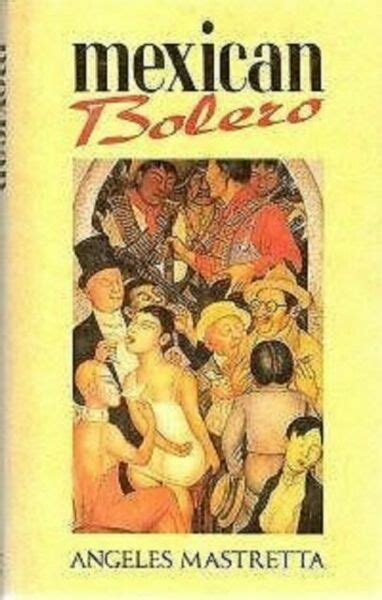A Quote by Jo Frost
I think it's an important lesson for a child. How to behave humanely toward another human being.
Related Quotes
How would you feel if you had no fear? Feel like that. How would you behave toward other people if you realized their powerlessness to hurt you? Behave like that. How would your react to so-called misfortune if you saw its inability to bother you? React like that. How would you think toward yourself if you knew you were really all right? Think like that.
I believe in recognizing every human being as a human being--neither white, black, brown, or red; and when you are dealing with humanity as a family there's no question of integration or intermarriage. It's just one human being marrying another human being or one human being living around and with another human being.
To our human minds, computers behave less like rocks and trees than they do like humans, so we unconsciously treat them like people.... In other words, humans have special instincts that tell them how to behave around other sentient beings, and as soon as any object exhibits sufficient cognitive function, those instincts kick in and we react as though we were interacting with another sentient human being.
The attempt to be an ideal parent, that is, to behave correctly toward the child, to raise her correctly, not to give to little ortoo much, is in essence an attempt to be the ideal child--well behaved and dutiful--of one's own parents. But as a result of these efforts the needs of the child go unnoticed. I cannot listen to my child with empathy if I am inwardly preoccupied with being a good mother; I cannot be open to what she is telling me.
I believe that there is an important part of every human being that is defined in terms of their significant other: how we choose our partner, and how we behave when we are with them. And that is the part that interests me. How that part of the personality is forged doesn't just interest me, it fascinates me.
Remember that you ought to behave in life as you would at a banquet. As something is being passed around it comes to you; stretch out your hand, take a portion of it politely. It passes on; do not detain it. Or it has not come to you yet; do not project your desire to meet it, but wait until it comes in front of you. So act toward children, so toward a wife, so toward office, so toward wealth.
I believe in the utmost importance of one human being's actions toward another. This is actually what I believe in. How we handle one another, that's what makes us feel isolated, feel like outsiders sometimes. These questions are overwhelming. "What do you do in this world?" I believe in that more than anything.
Every human being lived behind an impenetrable wall of choking mist within which no other but he existed. Occasionally there were the dim signals from deep within the cavern in which another man was located so that each might grope toward the other. Yet because they did not know one another, and could not understand one another, and dared not trust one another, and felt from infancy the terrors and insecurity of that ultimate isolation there was the hunted fear of man for man, the savage rapacity of man toward man.


































